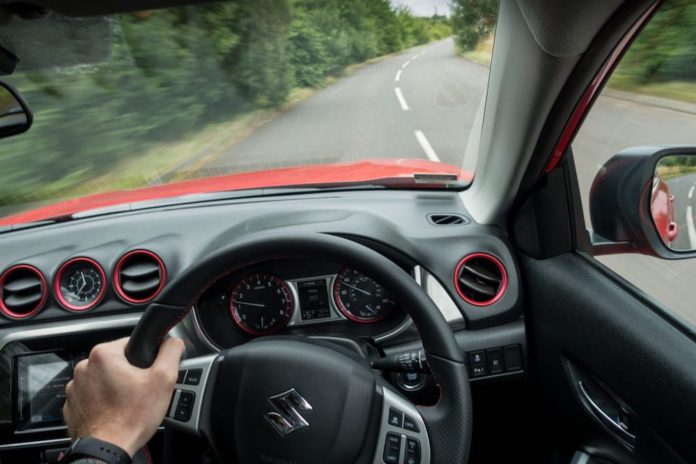Getting behind the wheel for the first time is an exciting milestone, but it also brings with it a whole new set of responsibilities. If you’re about to hit the road or have recently passed your test, there are a few key things you need to get right from the start.
Make Sure You’re Legally Insured to Drive
Insurance is a non-negotiable part of driving in GB. Without having the right cover, you can face a hefty fine, loss of your GB license and be breaking the law. The good thing about getting insurance is that it doesn’t have to feel complicated, there are many options that can suit various needs and budgets.
If you’re looking for a flexible option, consider opting for temporary car insurance. This option allows drivers the option to be covered for a few days, weeks or months if they feel unsure about committing to an annual policy straight away or borrowing a friend’s car for a brief amount of time.
As a new driver, you might want to consider comprehensive cover for the added peace of mind, especially since insurers often consider new drivers to be higher risk.
Vehicle Tax and Registration
Once you’ve got your insurance sorted, you’ll need to ensure your car is taxed and properly registered with the DVLA.
Vehicle tax isn’t optional, and driving an untaxed vehicle could result in fines and the seizure of your car. If you have bought a new or used car recently, it is important to check the emissions rating beforehand, as it works out how much you will be taxed to pay.
Registration is another must on the list. You need to have a valid registration certificate, also known as the V5C. This document shows the DVLA that you’re the legal owner of the vehicle. When you buy a car, make sure the previous owner has transferred the registration to you, and ensure you update any details if you move house.

MOT and Staying Roadworthy
If your car is over three years old, you’re legally required to get an annual MOT test. This is required to ensure that your car is meeting the minimum safety and environmental standards. As a new driver, it’s important to stay on top of this requirement. If you let your MOT expire, this could lead to fines or even worse, being pulled over by the police. You can schedule your MOT test up to a month before the expiry date, so make a note in your calendar.
It’s important to check amongst the basic things, alongside your MOT such as checking your brake lights, tyre pressure and oil levels. These checks are great at helping you prevent any potential breakdowns or accidents caused by faulty equipment. If you establish a regular maintenance routine it will help you to avoid expensive repairs down the line.
The Highway Code You Were Tested on and Key Updates to Remember
You’ll remember that you studied the Highway Code before taking your driving test. While the basics of the Code remain unchanged, it’s important to stay up to date with any new rules and recommendations that might have been introduced since your test. With the evolving advancements to technology, driving laws evolve to reflect new concerns of safety and road conditions.
Understanding and managing risk as a new driver is essential for not just being out on the roads but in the way that you approach driving. Ensuring that you’re fully legally covered with an appropriate insurance and car that is roadworthy and regular maintained, you reduce the chances of unwanted disruptions and are able to protect yourself from the financial and legal fallout that can otherwise occur.














